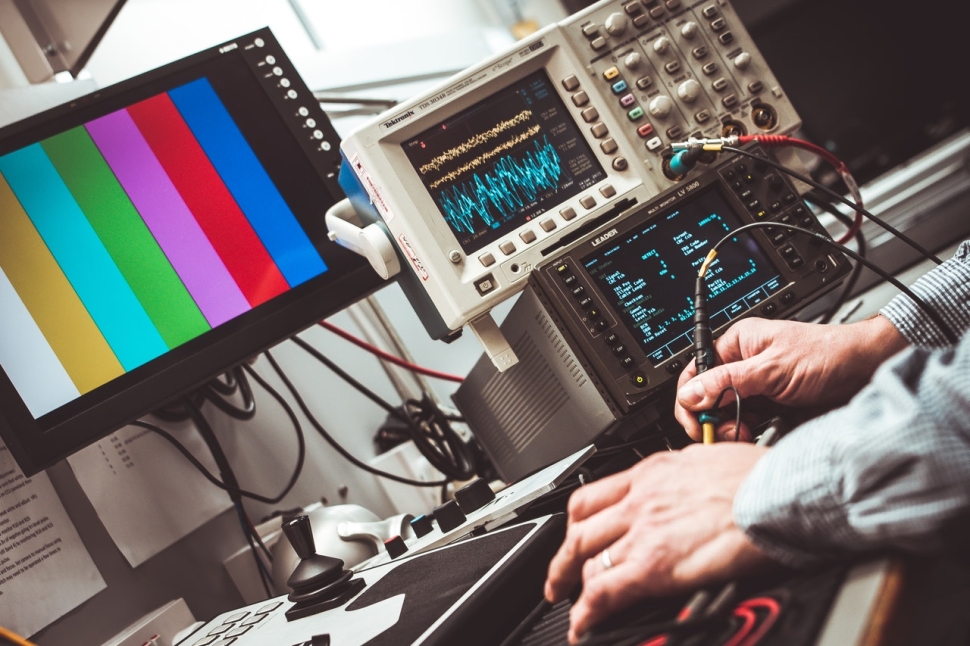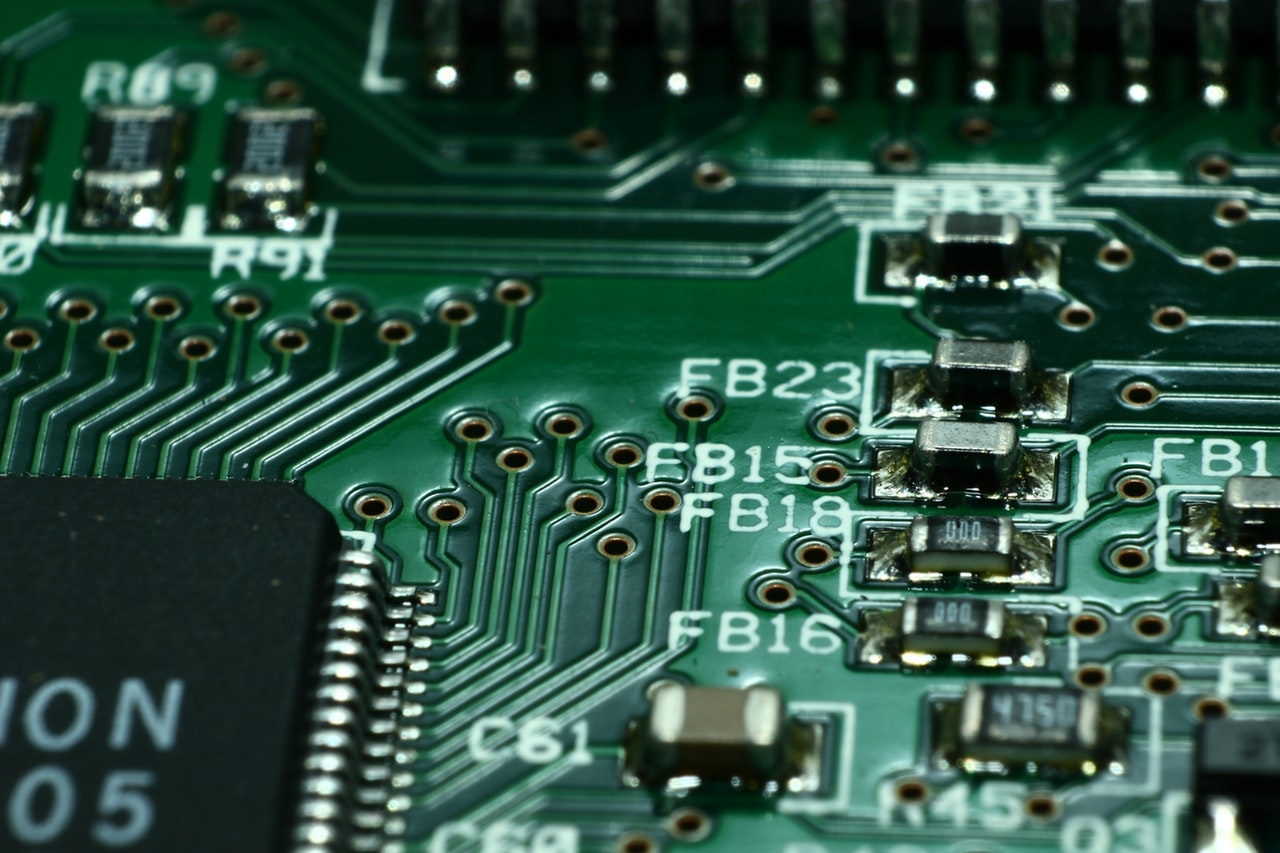Electrical engineers design, develop, test and supervise the manufacture of electrical equipment and devices. This could include your favorite electronic gadgets, electrical motors, navigation and radar systems, power generation equipment or communication equipment. Some electrical engineers work on designing the electrical systems of aircraft and automobiles. If you are looking for an engineering career that focuses on electronics design, then you will typically be working on manufacturing products such as broadcast and communications systems, including portable music players, GPS systems, and smartphones. So, how do you know that this is the right career choice for you, and what do you need to do to get there?
#1. Try Beforehand:
The good news is that for anybody wanting to get into electronics is that there are several ways to try it out before you buy, so to speak. For example, Upverter.com is a great website to visit for a range of community uploaded designs that you can work with in order to build electronic devices, or start your own from scratch without any previous engineering experience. This will help you get a better idea of the kind of work you will be performing as an electronics design engineer.
#2. Preparing Yourself for Education:
Once you have decided that electronics design engineering is the right career choice for you, it’s time to work towards achieving the relevant qualifications. For high school students, this could mean taking relevant courses in physics and math including algebra, calculus, and trigonometry. Taking a course in drafting can also be helpful as your chosen career may often require you to produce technical drawings.
#3. The Qualifications You’ll Need:
In order to enter the field of electronic design engineering, you will need to have earned a relevant bachelor’s degree in electrical engineering, electronics engineering or electrical engineering technology. Most of these degree programs will include a combination of field-based, classroom and laboratory learning and they should be accredited by ABET. You may also be interested in looking into electronics engineering degree programs that allow students to gain some practical experience alongside completing your education, such as an internship or five-year program that allows you to spend a year working in the industry.
#4. Licensing Requirements:
You will not be required to get a license to work in an entry-level position as an electrical or electronics design engineer. However, if you wish to progress in your career, then it’s a wise idea to gain a Professional Engineering (PE) license, which will allow you to work in higher positions of leadership and independence. This license will allow you to supervise the work of other engineers, provide services to the public directly and sign off on projects. To get state licensure, you will generally be required to have obtained a degree from an ABET-accredited program, have passed the Fundamentals of Engineering (FE) exam and Professional Engineering (PE) exam and have some relevant work experience.
Electronic design engineering is an exciting career that allows you to be at the heart of new, cutting-edge hardware technology.

